Much to gain but so much to lose on AUKUS
The nuclear submarines deal will elevate Australia’s military capacity and stature on the global stage, but it comes with a big price tag.
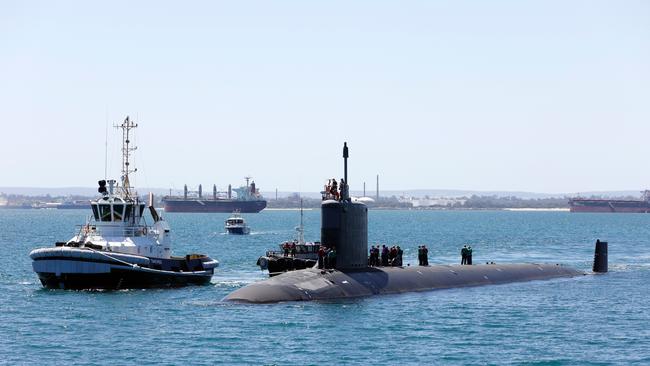
The evolution of the ever-closer Australia-US defence alliance into the AUKUS security pact, including the announced plan last week to build eight original nuclear-powered submarines and acquire up to five used US ones, should supercharge our defence capability and enmesh our military industrial base with those of the US and UK.
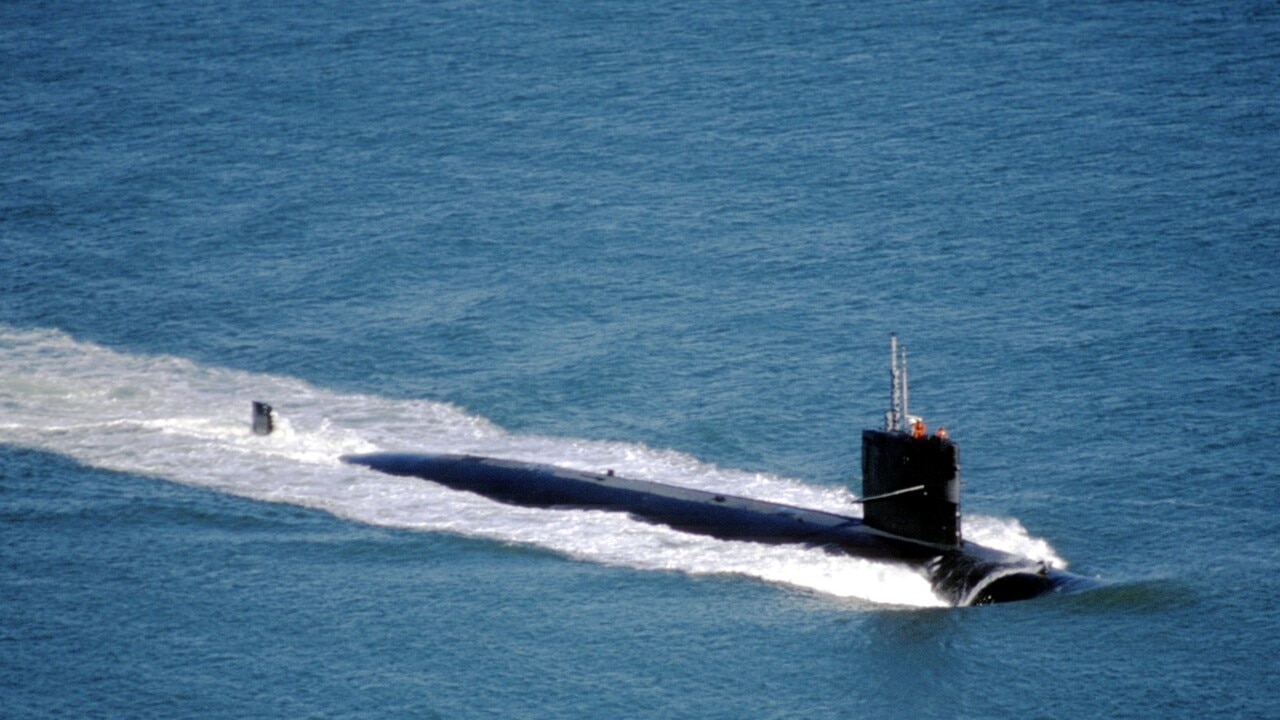
The deal has been heaped with praise almost universally but major risks and costs, for such a vastly complex, ambitious undertaking, haven’t received the attention they should.
A decade ago defence minister David Johnston famously said he wouldn’t trust South Australia’s submarine industry to build a canoe. Exaggeration aside, the step-up in industrial capability and expertise required to build 21st-century nuclear submarines is herculean.
For all the understandable excitement about AUKUS, after 18 months of intense media focus still nothing has actually happened, except the US congress’s passing of a law in August to allow two Australian submariners to train on US submarines.
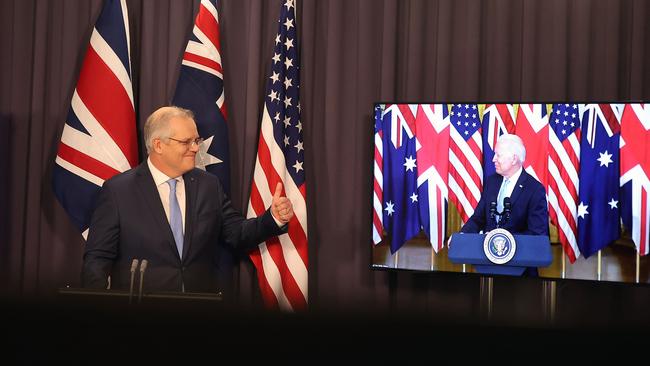
Congress still hasn’t altered the rules prohibiting the transfer of nuclear technology.
Assuming smooth regulatory sailing in the early stages, only one of the three governments needs to change its mind, just as Australia did with its initial order for French-designed submarines, at any time down the track to derail the project.
By the time the first of the eight AUKUS-model submarines is ready for service in early 2040s, the US alone may well have had five different presidents, including a potential Trump-like leader, who may be less well disposed to sharing technology or having US submarines built in Australia – which is also part of the ultimate plan.
And the fact the AUKUS class will be British-designed, Australian made, with significant American components, foreshadows a raft of potential choke points, quite aside from the tension between the utility of the submarines as a way to boost South Australian jobs and investment, and their actual role in defending Australia.
Next, there’s the economic cost, which is potentially in the hundreds of billions of dollars over the life of the project. And however eye-wateringly high the first cost estimate, it’s bound to be much greater.
No defence project has ever run to budget, or on time for that matter. The projected total cost of the 12 French-designed, diesel-powered submarines almost doubled within a few years of the start of the project. A repeat of such inaccurate predictions could see Australia’s tax burden increase significantly.
There’s no other nation in the world with as small a population which deploys nuclear-powered submarines. Even France and Britain struggle to maintain the costs of their nuclear-powered navies.
Whatever the per unit cost ultimately turns out to be, the per capita cost will be much higher for Australia, which raises the question of how to pay for them.
Even the tiniest of proposed tax increases, on superannuation earnings for instance, has met stiff resistance in recent weeks.
But the tax burden will have to go up a lot more than that, especially after borrowing half a trillion dollars or so during Covid-19.
As desirable as the stage three tax cuts scheduled to take effect next year are, they were legislated prior to AUKUS, and it’s odd to be cutting taxes at the same time as taking on enormous new liabilities. And the submarine costs come amid Labor plans for further ambitious social spending.
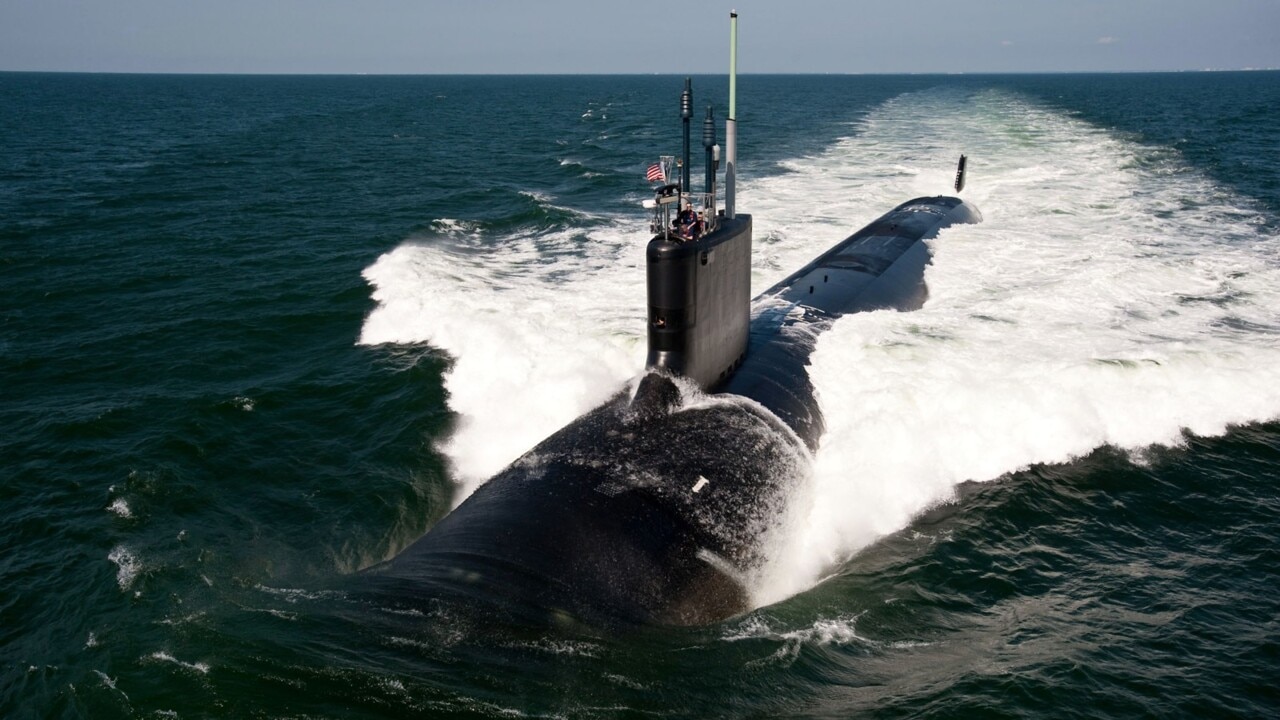
The third cost of the AUKUS pact is to Australia’s foreign policy independence. Ironically, Canberra’s influence over Washington will decline, not increase, as Australia becomes a de facto member of NATO.
The US, understandably given it’s sharing top technology, will expect Australian military and economic support even when that might not suit Australia’s interests, a war with China over Taiwan being a potential case in point. While a future US administration could afford to let AUKUS fail without incurring serious political costs, any Australian government would be domestically humiliated and our defences exposed.
The Prime Minister’s insistence Australia will maintain “100 per cent sovereignty” over the new submarines may be true on paper, but is unlikely to be the reality.
Take the brewing economic fight with China. Joe Biden explicitly warned Xi Jinping on a telephone call last year the US would impose tough sanctions on China should it proceed to send military equipment to the war in Ukraine.
It was easy for us to sanction Russia along with the US and the European Union, because we have so little trade with Moscow, but sanctioning China, our biggest export market, would be horrifically costly for Australia.
As Joe Hockey revealed in his recent memoir, president Barack Obama asked the Abbott government to stop selling iron ore to China to apply pressure on Beijing. And that request, denied then, occurred in far less acrimonious times.

The mere existence of competing alliances can pave the way for confrontation itself too. The world is inching toward two giant opposed camps, one led by the US and the other by China and Russia, a little like what existed before the First World War in Europe, but on a global scale.
AUKUS is unavoidably part of that development. Both the US and China have announced significant increases in defence spending.
The prospect of eight Australian-built and controlled nuclear-powered submarines patrolling our vast territorial waters and beyond is understandably appealing.
Realising the full potential of AUKUS would elevate Australia’s military and industrial capacity and our stature on the global stage, but these benefits come with significant economic costs, a reduction in foreign policy independence and the greater risk of being embroiled in wars we wouldn’t have otherwise fought.


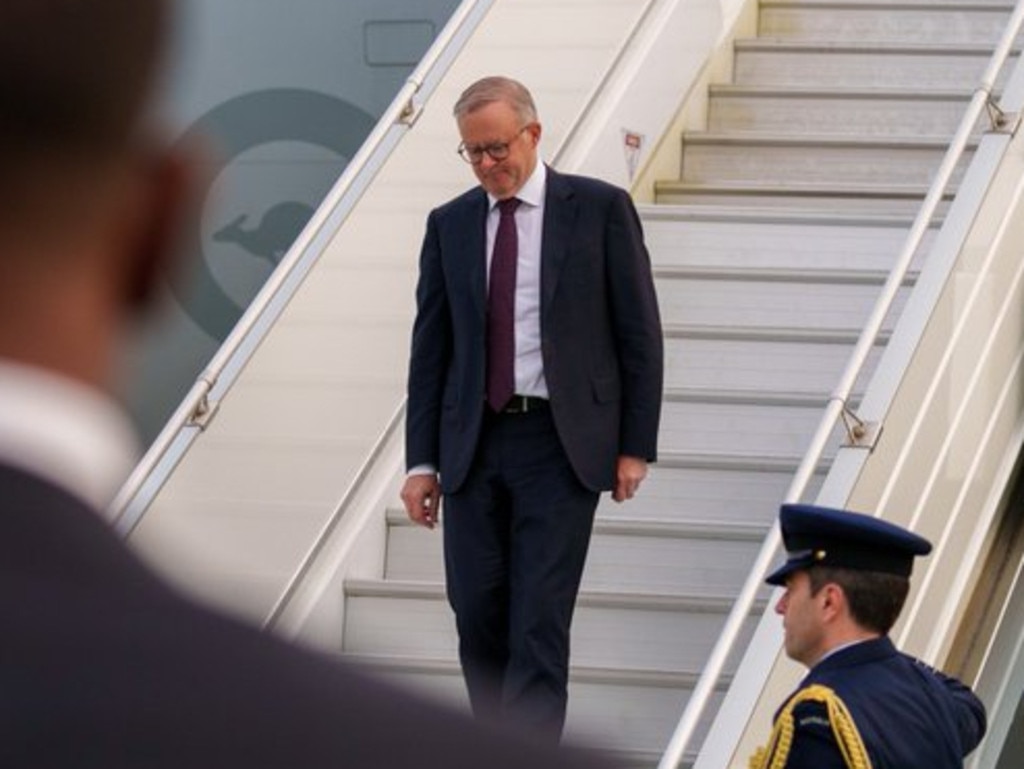
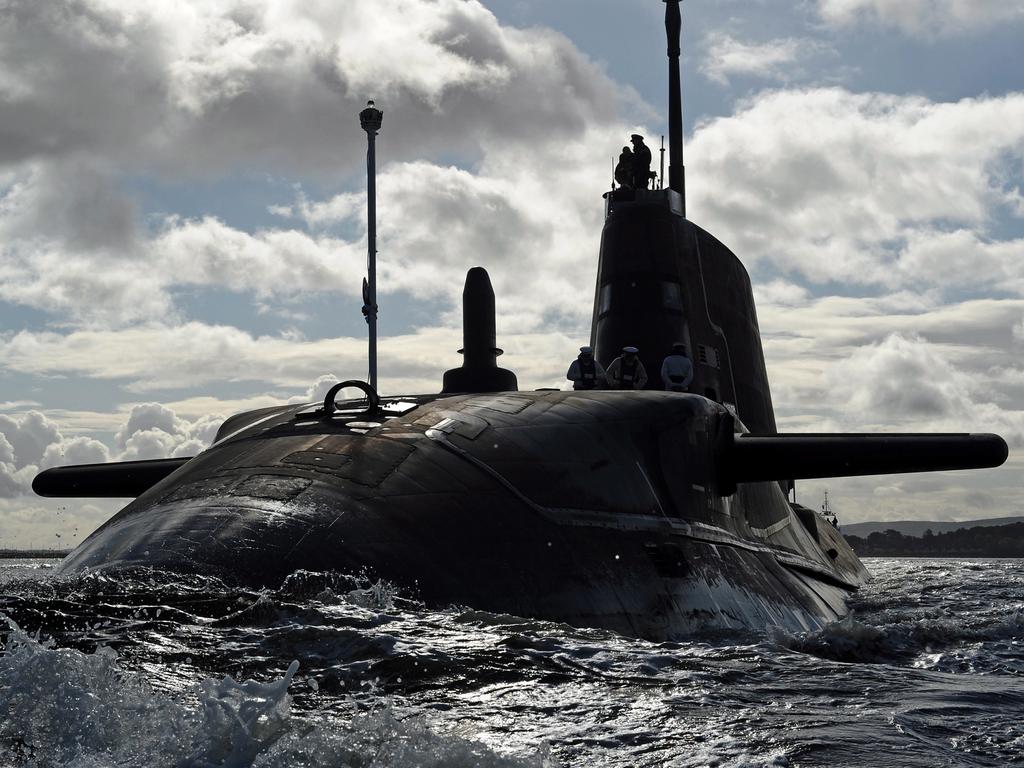
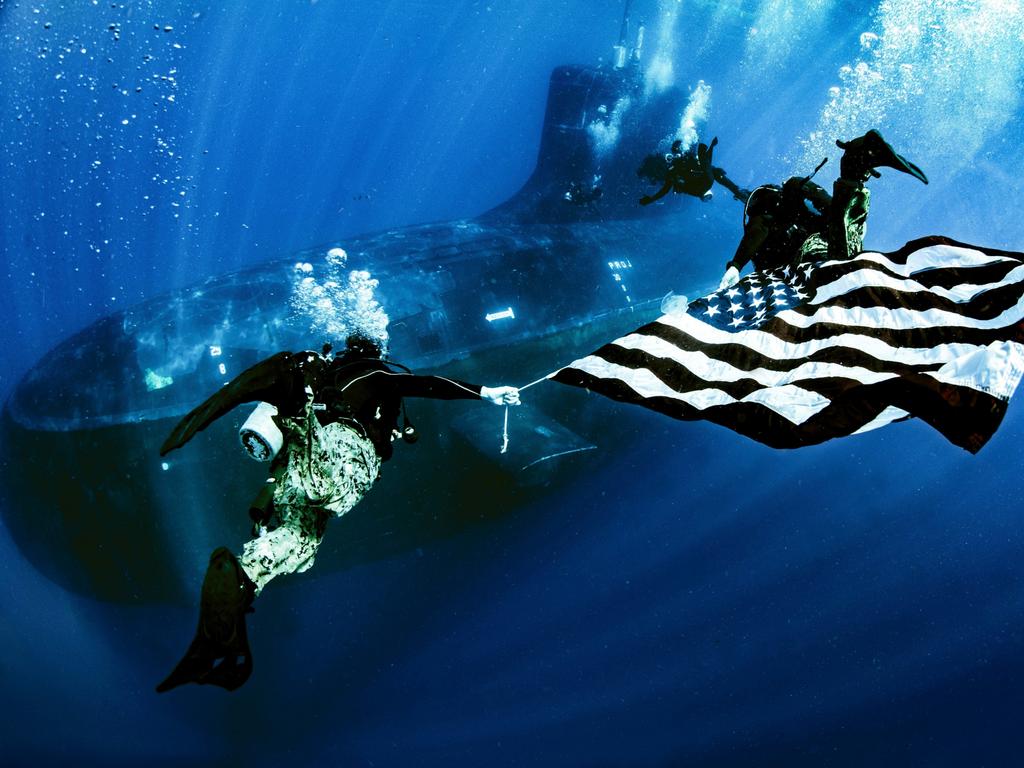



Rich in resources, remote, with a relatively small population, and facing an increasingly domineering China, Australia perhaps more than any other nation needs the US to ensure its long-term security.